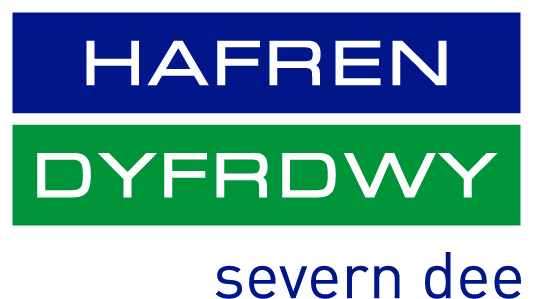In My Area
There are several different types of flooding, and it’s important to know who can help you in each situation.
River flooding | Flooding on roads | Groundwater flooding | Sewer flooding
River flooding
Storms and heavy rain can lead to river and sea flooding. Large-scale flooding like this can cause a danger to life and to property.
Major river flooding
You should contact Natural Resource Wales when major rivers flood, or storms cause coastal flooding.
Call the Natural Resource Wales 24-hour incident line on 0300 065 3000.
Check if you live near major rivers
You can check if you live near a major river so that you know which rivers to contact Natural Resource Wales about if they flood.
Small river flooding
You should report flooding of small rivers, streams and brooks to your local authority.
Flooding on roads
Flooding on roads can be caused by overflowing rivers, blocked highway drains and grates, or burst water or sewage pipes.
You’ll need to contact Natural Resource Wales or your local authority if the water on the road has come from a flooding river.
If the flooding is happening because of a blocked highway drain or grate, you will need to contact your local authority or the relevant Trunk Road Agent who can help.
You will need to contact us about burst water mains or blocked sewage pipes.
Flooding on major roads
You should contact North and Mid Wales Trunk Road Agent or South Wales Trunk Road Agent to report flooding on major roads such as motorways and dual carriageways.
Flooding on minor roads
You will need to report flooding on minor roads to your local authority.
You can also report a blocked road drain to your local authority.
Road flooding due to a burst pipe
You should report flooding on a road that’s coming from a burst public water or sewer pipe to us.
Groundwater flooding
Persistent or heavy rain can cause the ground to become saturated. This often means water cannot drain away quickly enough, leading to groundwater or surface water flooding.
Surface water flooding can also happen when underground rivers and lakes overflow, causing the water to rise above the surface.
This may continue for weeks after the rain has stopped.
You can report surface water flooding to your local authority.
Sewer flooding
Sewer flooding can have several different causes and can be a symptom or consequence of other flooding that happened first.
You should contact us if you experience flooding from sewers.
Blocked drains cause sewer flooding
Most often, sewer flooding is caused by blockages in the sewers.
Collections of fat, oil, grease and other unflushable materials and items, such as wet wipes and sanitary products, get stuck in pipes, bind together and form solid blockages known as fatbergs.
How other types of flooding can affect the sewers
Other causes of sewer flooding can vary. It can be difficult and take time to understand the cause of the flood as there may be several different factors involved, such as nearby rivers.
For example, if major river flooding causes excess water to fill a nearby sewer, it can force sewage out and into the gardens or homes of people nearby.
We will investigate flooding events like that, but we would need to wait for flood water to subside before we’re able to find out what happened.
What to do if you experience sewer flooding
You’ll need to contact us if you experience wastewater flooding from a public sewer.
If the sewer flooding is from a private drain at your home, or a neighbouring property, you’ll need to find a private drain clearing company near you to help.
